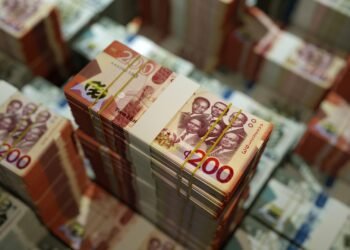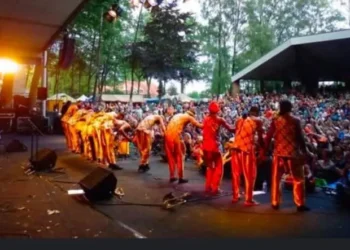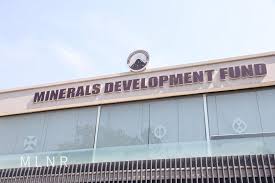Mauritius is bracing for political change as incumbent Prime Minister Pravind Jugnauth admitted defeat in the closely watched parliamentary elections.
Speaking to reporters on November 11, Jugnauth, who has led the island nation since 2017, conceded, “L’Alliance Lepep is heading towards a huge defeat. I have tried to do what I can for the country and the population. The population has decided to choose another team. I wish good luck to the country.”
Though final results have yet to be confirmed, opposition leader Navin Ramgoolam appears poised to return as prime minister for a third term, leading his Alliance of Change coalition to a significant win.
The electoral contest saw voters cast their ballots on Sunday, November 10 to select representatives for 62 parliamentary seats, deciding the nation’s leadership for the next five years. The winning party or coalition secures control of parliament and the prime minister’s office.
Tense Campaign Marred By Scandal
The campaign period was marked by intense rivalry and a headline-grabbing scandal involving the release of secretly recorded phone conversations. The leaks, which implicated politicians, diplomats, and journalists, added fuel to an already heated contest.
Despite these challenges, voter turnout remained robust, estimated at 80 percent, reflecting the high stakes of this election.
Both Jugnauth and Ramgoolam centered their campaigns on addressing economic concerns, promising measures to ease the cost-of-living burdens facing many Mauritians.
Despite the country’s reputation as one of Africa’s most stable democracies and its strong economic growth, citizens have expressed worries about governance and corruption.
A Shift In Mauritius’ Political Dynasties
The election outcome also marks a pivotal moment in the enduring political rivalry between the two dynasties. Jugnauth, 62, has been a prominent figure in Mauritian politics, following in the footsteps of his father, Anerood Jugnauth, who served multiple terms as both prime minister and president.
Meanwhile, 77-year-old Navin Ramgoolam is the son of Seewoosagur Ramgoolam, Mauritius’ first post-independence leader.
Ramgoolam, who held the prime ministership from 1995 to 2000 and again from 2005 to 2014, expressed confidence in his coalition’s prospects ahead of the final results.
“We are heading towards a big victory tomorrow. The people are waiting for this liberation,” he said on Sunday. The Alliance of Change’s victory represents a return to power for Ramgoolam and a shift in the island’s political landscape.

Economic Strengths And Challenges
Mauritius has long been admired for its economic achievements, maintaining growth through a diversified economy that includes tourism, financial services, and textiles. The World Bank reported that the nation’s GDP per capita exceeded $10,000 in 2022.
However, underlying issues such as governance and allegations of corruption have drawn criticism, casting a shadow over its otherwise strong economic standing.
The island’s appeal as a tourist destination remains one of its notable successes, with pristine white beaches and turquoise waters attracting 1.3 million visitors last year. However, as the new government takes the helm, addressing public concerns and sustaining economic progress will be at the forefront of its agenda.
Historic Election Amid Regional Challenges
Sunday’s vote comes just weeks after Jugnauth celebrated a major diplomatic victory, securing a historic deal with the United Kingdom for Mauritius to regain sovereignty over the Chagos Islands.
Despite this achievement, it was not enough to counteract the impact of recent controversies and voter discontent.
Mauritius now looks to its next chapter under Ramgoolam’s leadership, as the new government navigates pressing economic and political challenges.



















